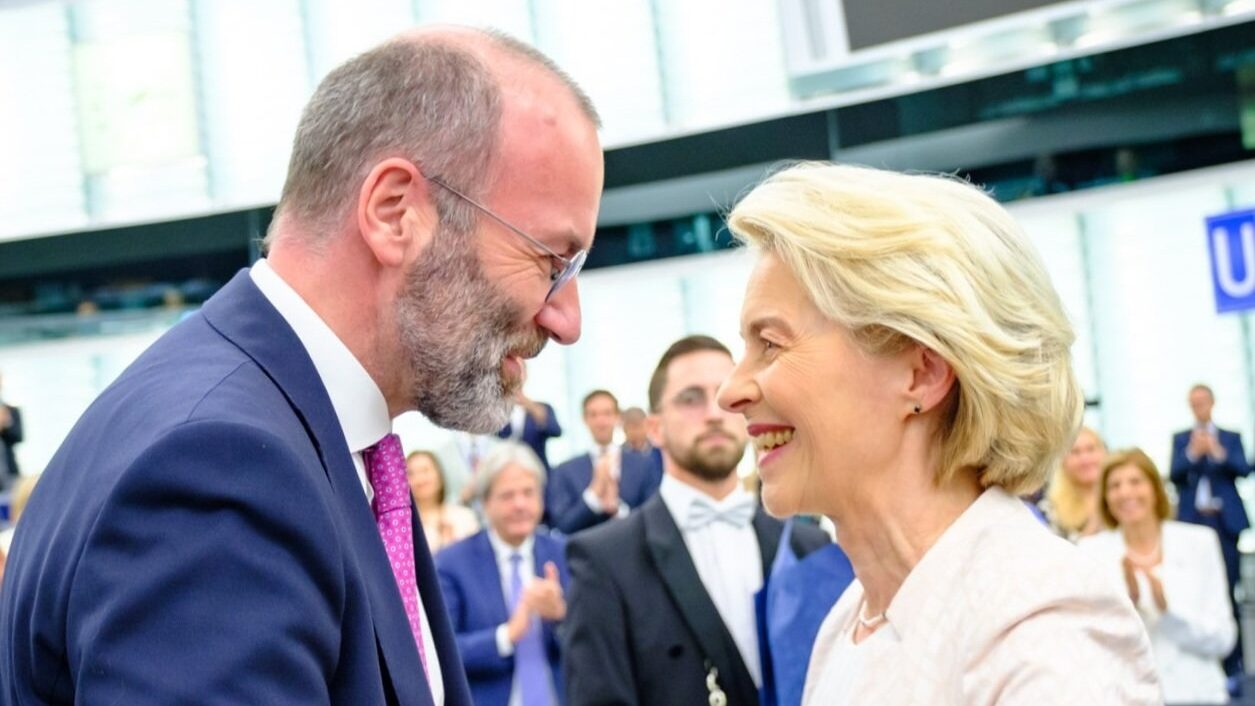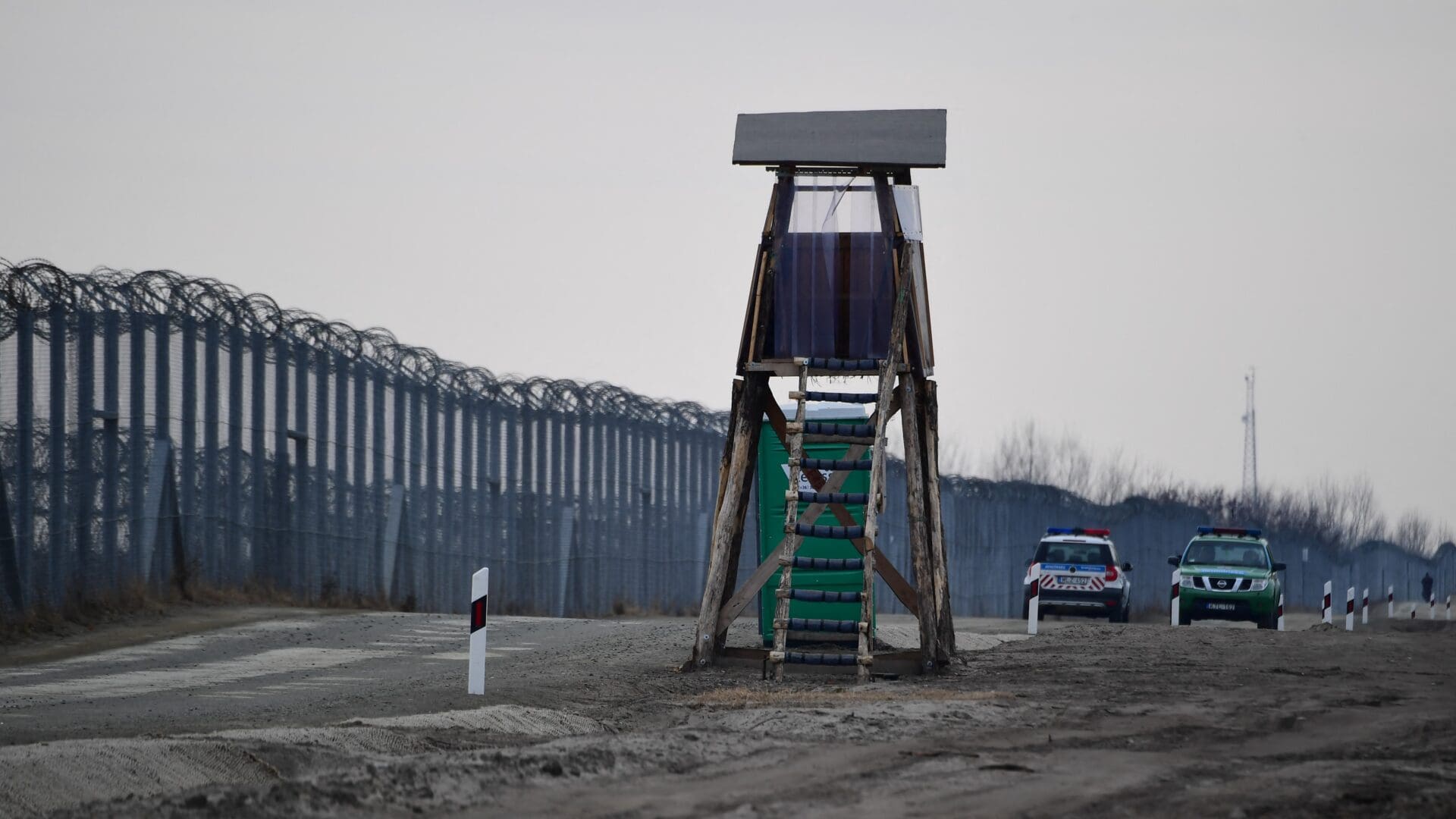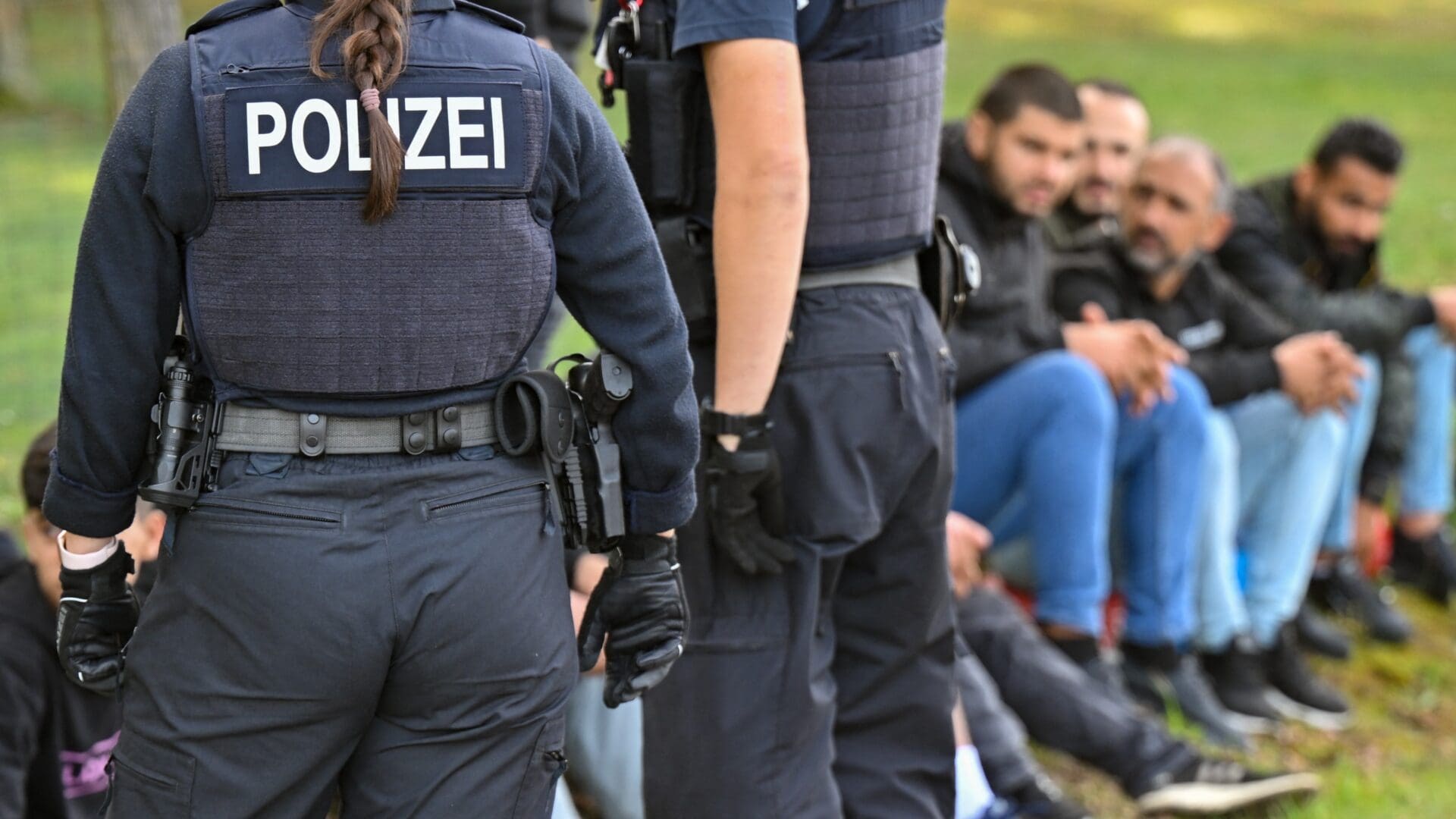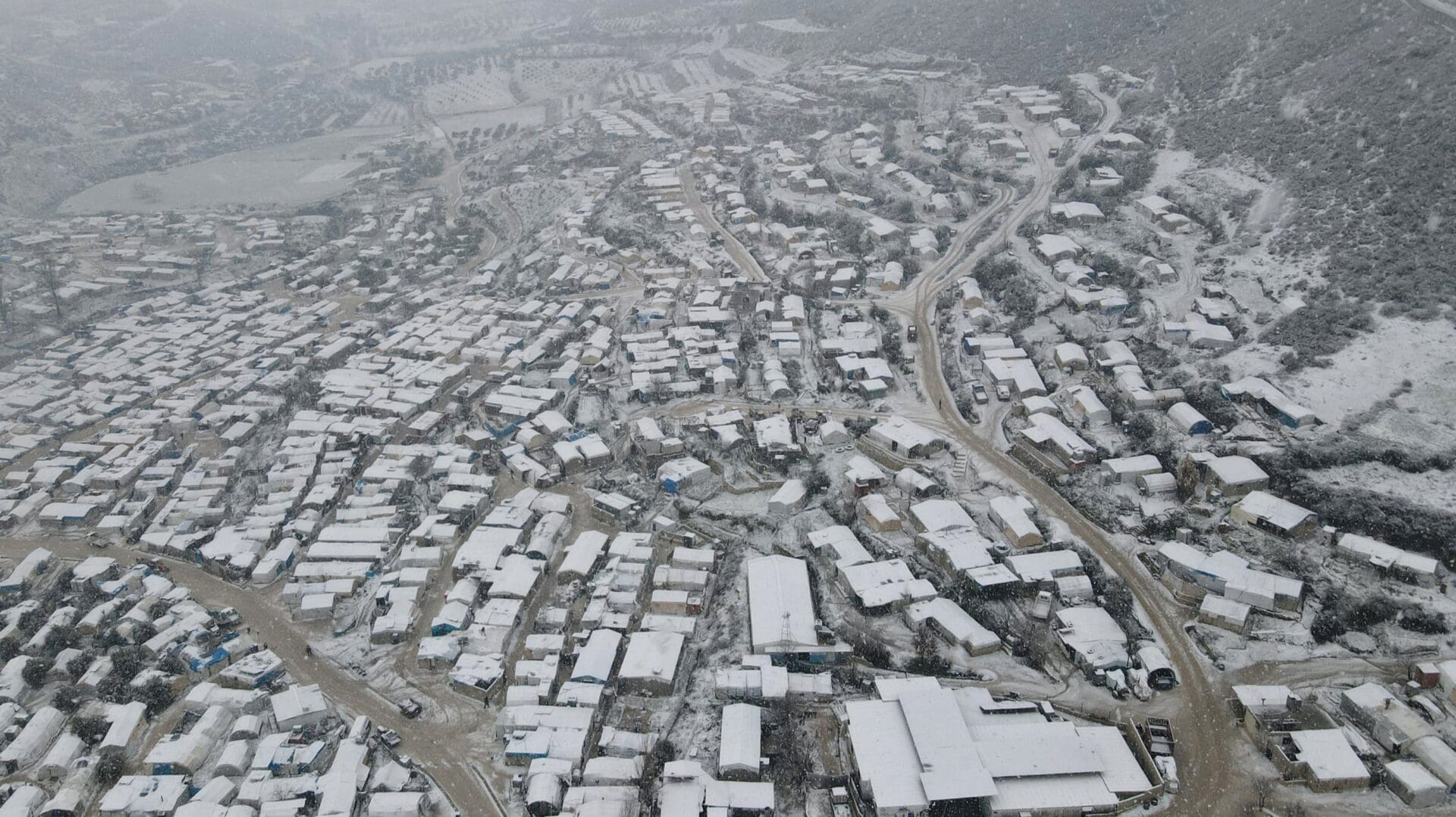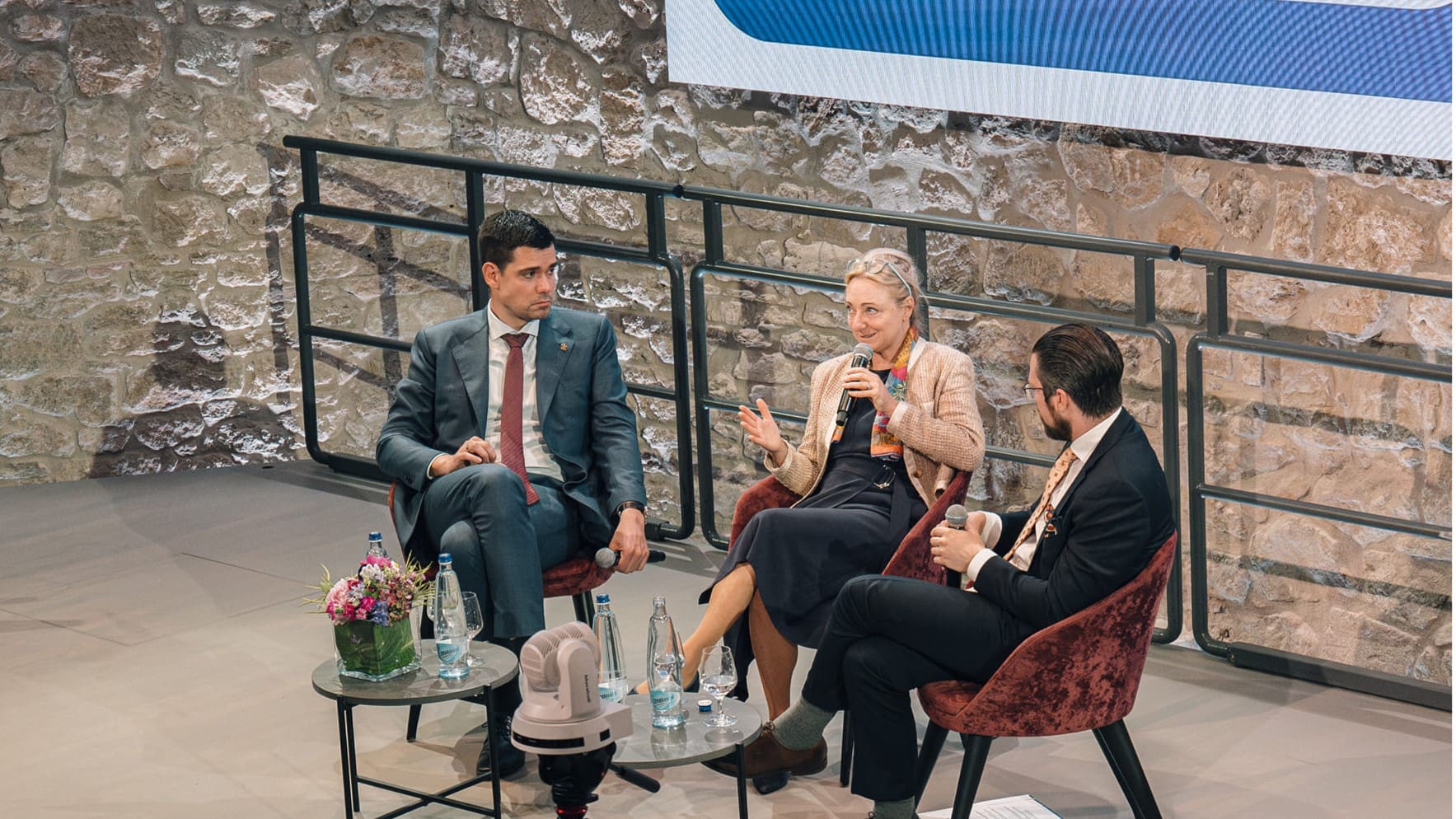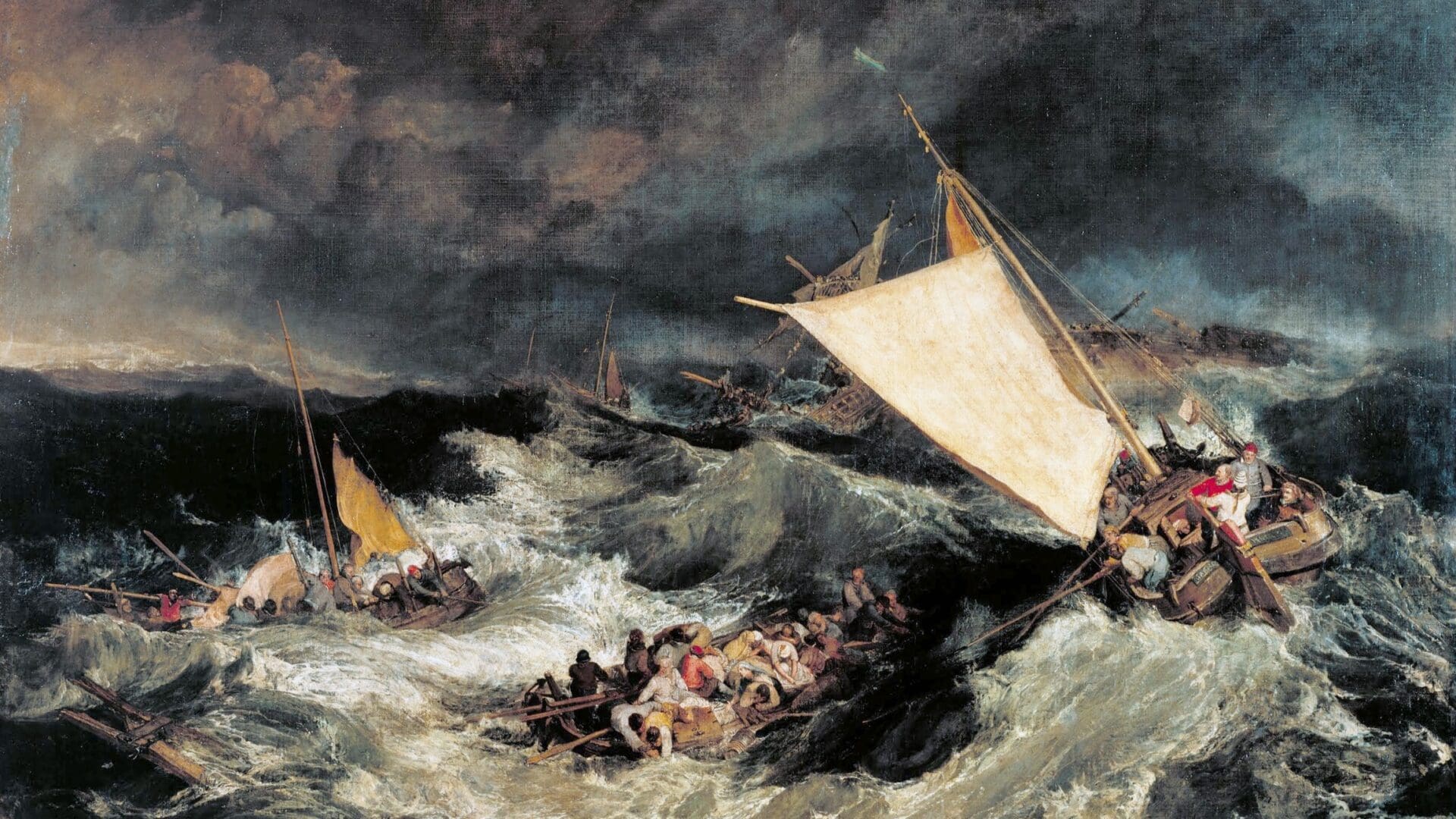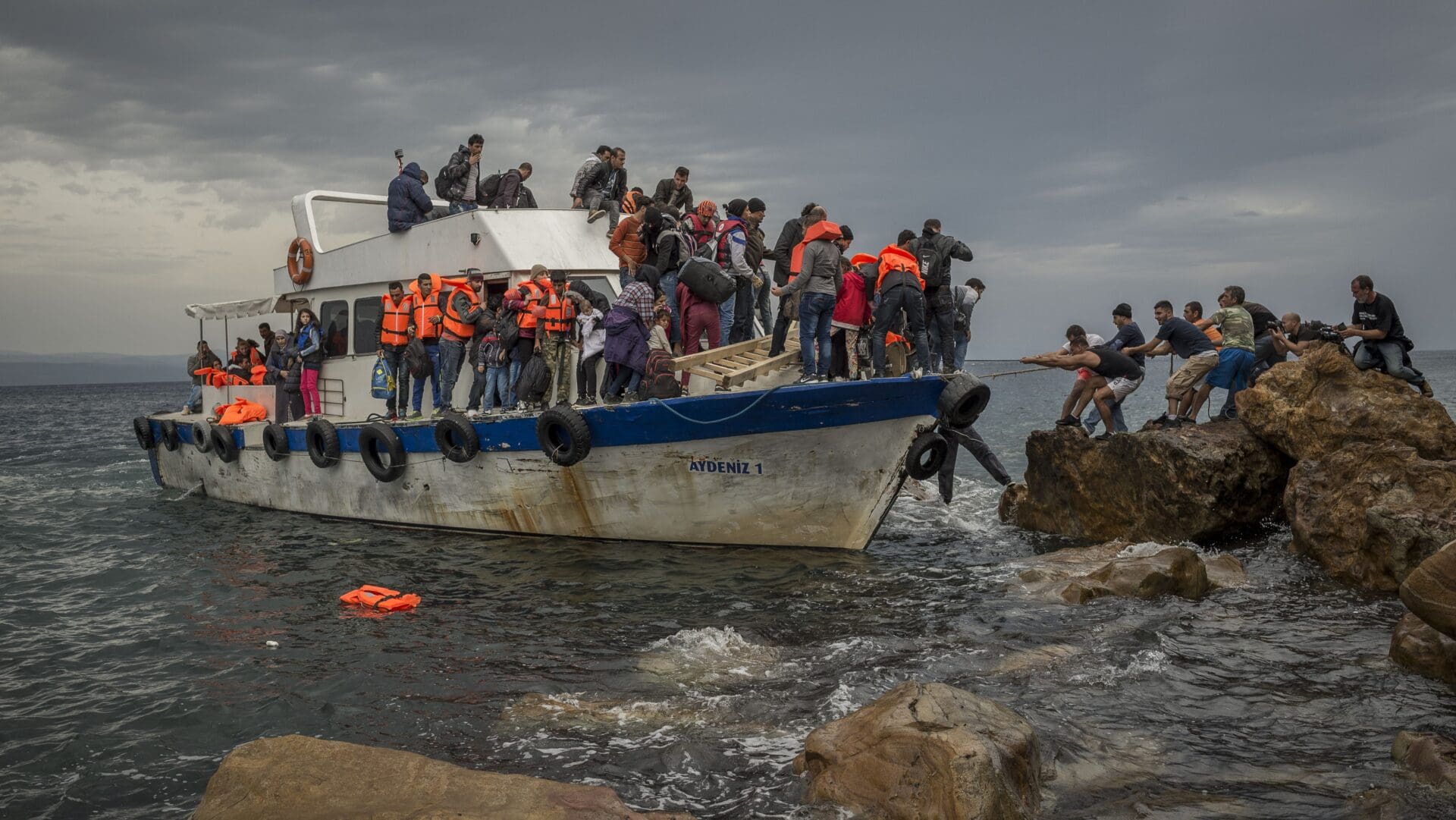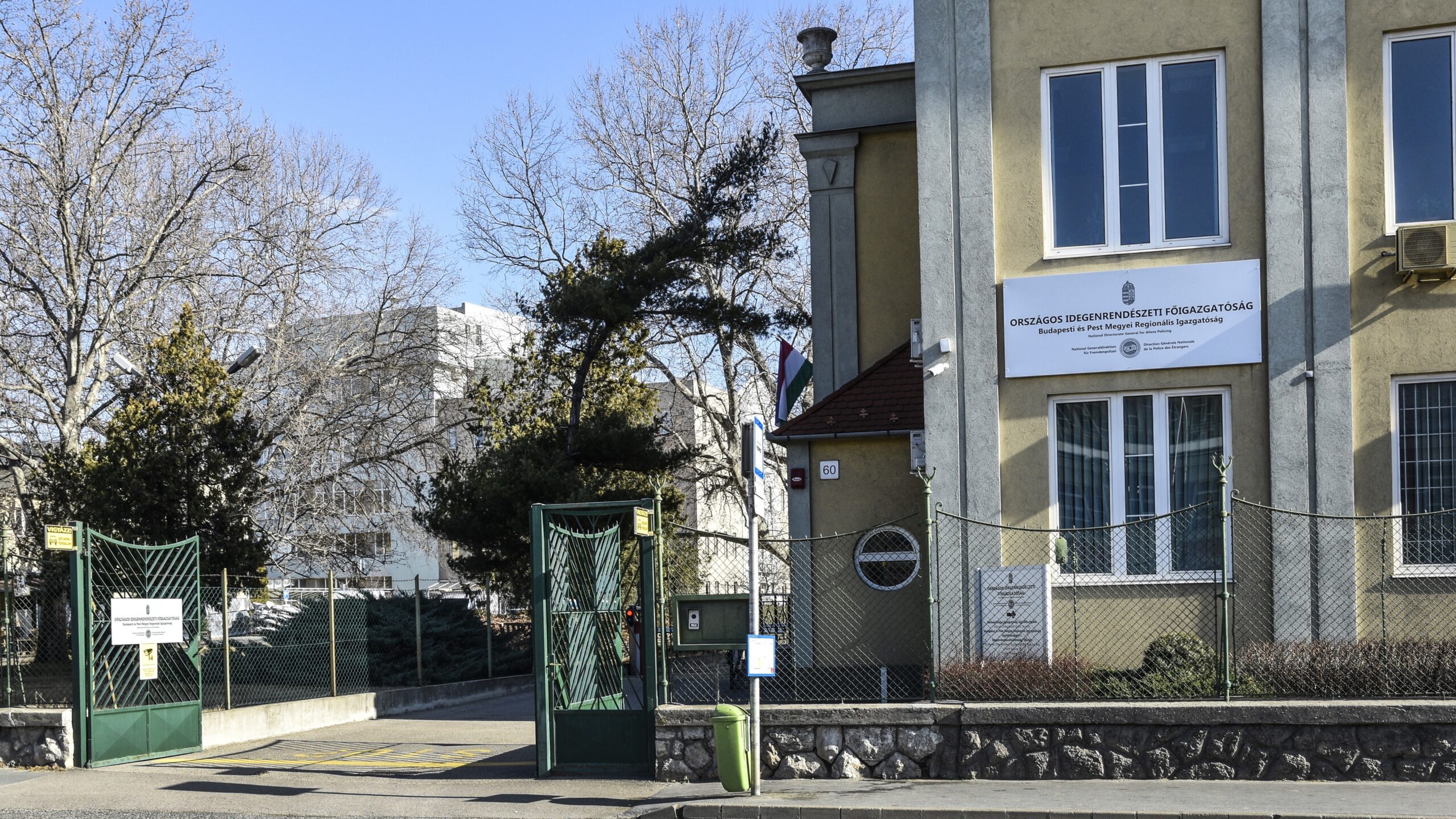
As Opposed to Accusations to the Contrary, Hungarian Immigration Regime Remains Strictest in the EU
After the expansion of the so-called National Card scheme for which Russian and Belarusian nationals have now also become eligible, Budapest came under fire from Brussels politicians who claimed the measure poses a security risk to Europe. However, the conditions under which Russian nationals can enter and work in Hungary have not significantly changed with the introduction of the National Card and are comparable to the visa regimes of other European countries, which in fact allow Russians to apply for long-term visas in a much more generous way than Hungary and yet have never been pilloried for it.

